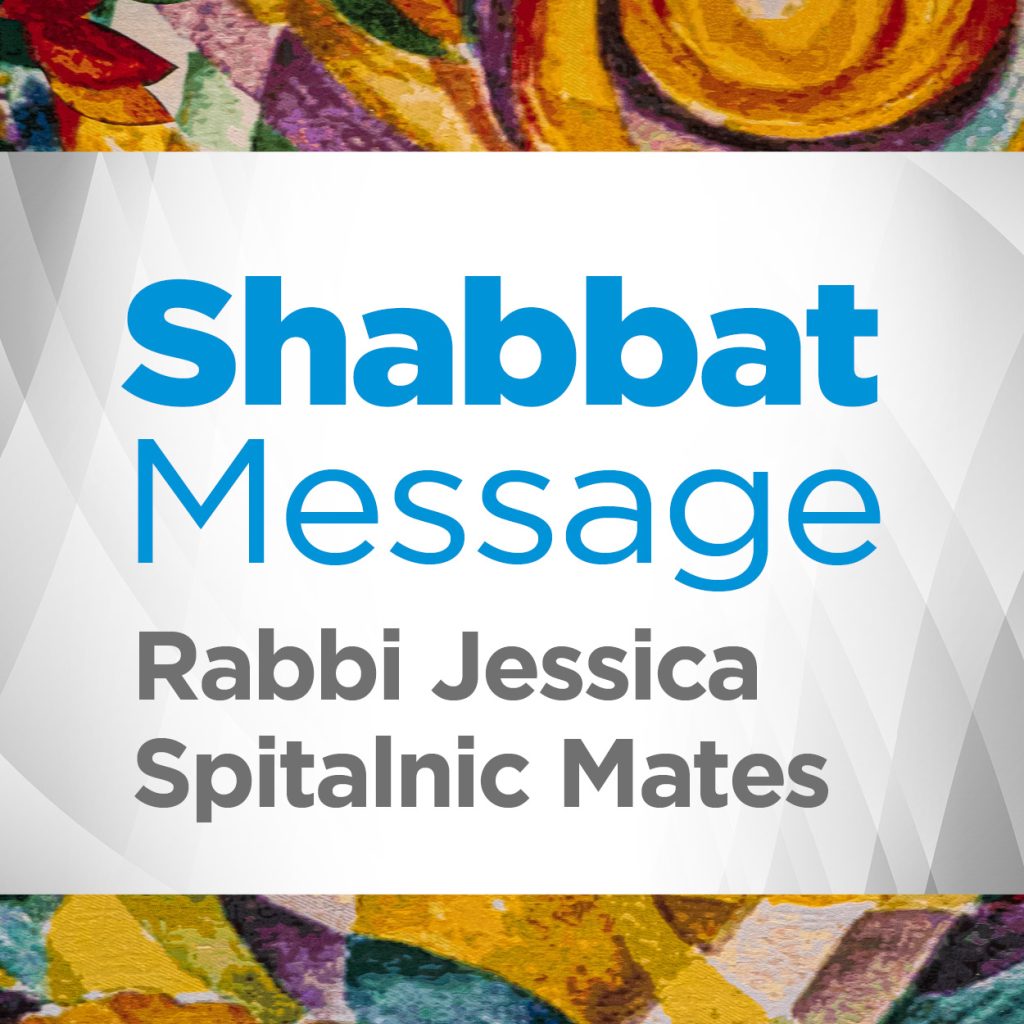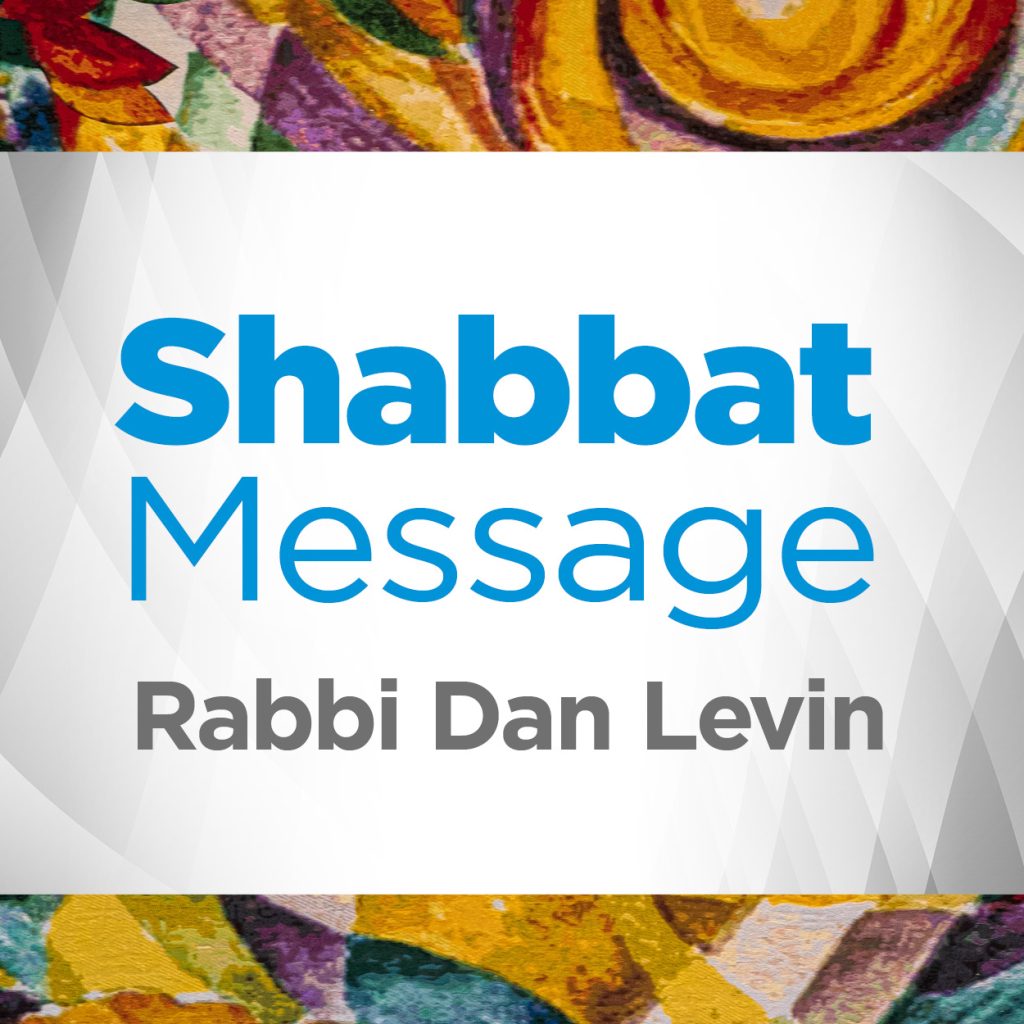A few weeks ago, I had to go to New York for the day. I did something stupid and forgot to sign a marriage license of a wedding I had done in New York and so I had to fly up and back in a day to sign the document.
On the upside, because I am from New York and know the city so well, I was able to sign the document, delivered a healing blanket to a congregant recovering from surgery, pick up a Katz’s Reuben to bring home for my husband, get some excellent Dim Sum and be back in bed by 11pm in Florida the same day. I was born and bred in New York so hopping on the subway, travelling around the city, and just being in NYC makes me feel at home and happy.
At the same time, I love Florida. I love this temple. I love the beach. I love Miami and its amazing art scene. I love the weather and I love that half of my New York family lives here. The migration started with my grandparents to Sunrise Lakes (Phase II – If you know, you know). And with a daughter now at UF, I 100% understand that love of the Gators that I watched from afar for so many years.
So, Florida is home too.
Driving on I-95 one day, I caught a passing glimpse of this billboard of a radio station that said, “WE DON’T HATE ALL NEW YORKERS.” I was in disbelief and not sure if I read it right, but next time on 95, it was there and I confirmed what it said. The third time, traffic was slow enough that I could take this picture. I haven’t been able to figure out what to do with the picture because I am not sure if I am seeing something that is there or not.

Matt Boxer, a Jewish studies professor at Brandeis, says, “there’s a long history of ‘New York’ being used in this context to mean ‘Jews.’” And that is how I read this sign. I should feel lucky that not all of my kind are hated.
In this week’s Torah portion, Bereshit, we celebrate beginnings. We make a big deal on Simchat Torah, a day full of such joy and love contained in the prospect of beginning the Torah again. Think about how your family felt about your beginning. Or, the feeling you had when you had a child. Beginnings are something to celebrate in Judaism. My beginning was in New York and I celebrate that. It is part of who I am and forms the foundation of my worldview. And I think that is a good thing.
Good is prevalent is Torah’s beginning as well. Throughout the very beginning of the Torah portion, that details the first 6 days of creation, we see the Hebrew word tov which means “good”. Yet, when humans are created on the last day there is no “good” in sight. We are told in Torah humans are created in the image of God, but why is the “good” missing?
Rav Chanoch Waxman in this absence finds the presence of something else. An undetermined future that lies in the hands of human beings. The verdict at the beginning of Torah is out on whether humans are good or bad. As Waxman teaches, what people will do is yet undetermined at the beginning of Genesis. They will set out on a mission, “a mission that involves moving over the world, filling it, ruling it, and when necessary reinforcing, ensuring and remaking the good world wrought by God.” For me, that sign on that highway took away a little bit of the good that is in the world that day. And so as we embark on the journey of the beginning of Genesis again, I am reminded that when the good feels gone, it is up to me, in partnership with God to restore it once again.
Shabbat Shalom,

Rabbi Jessica Spitalnic Mates
Temple Beth El of Boca Raton








